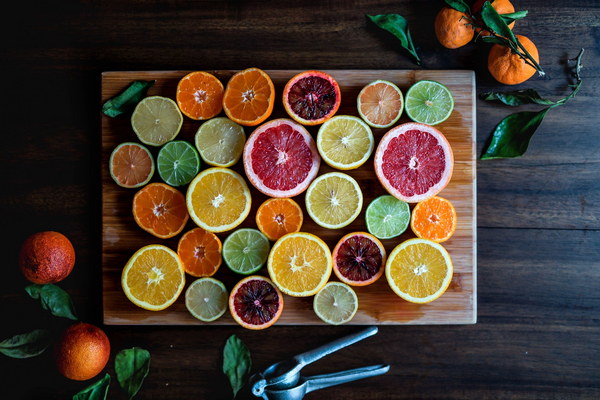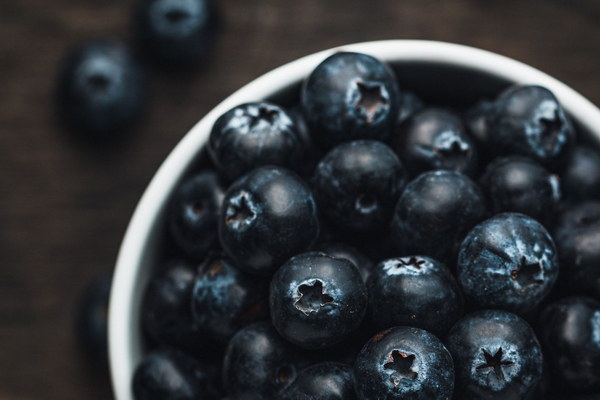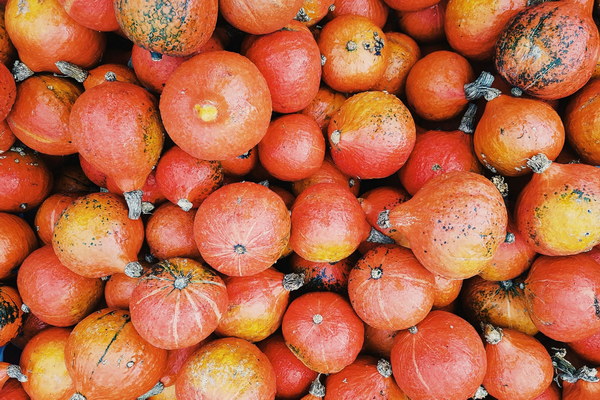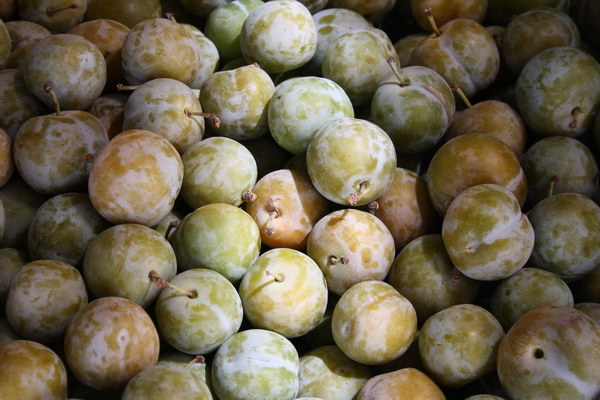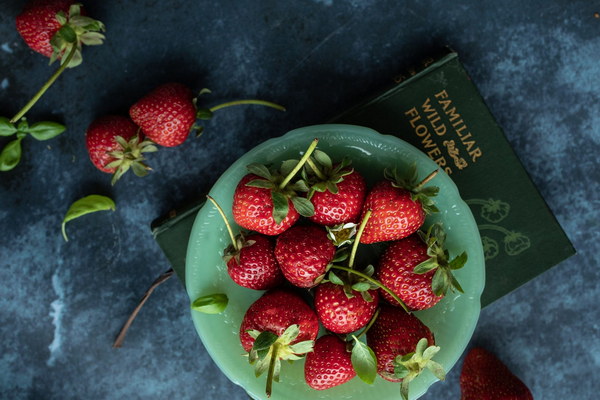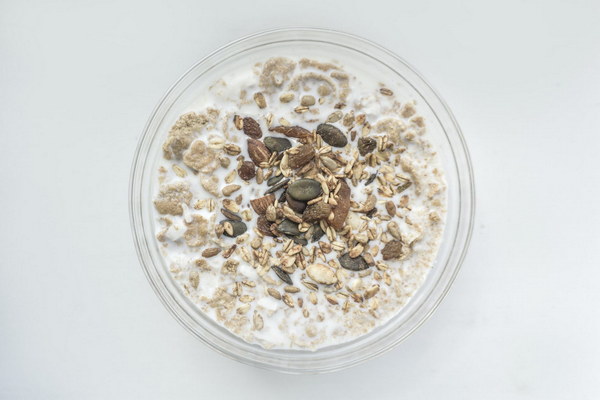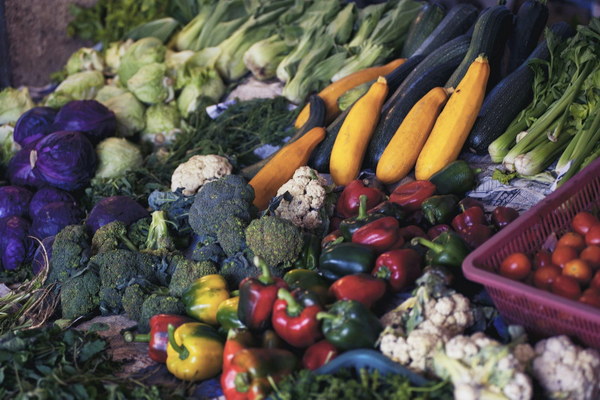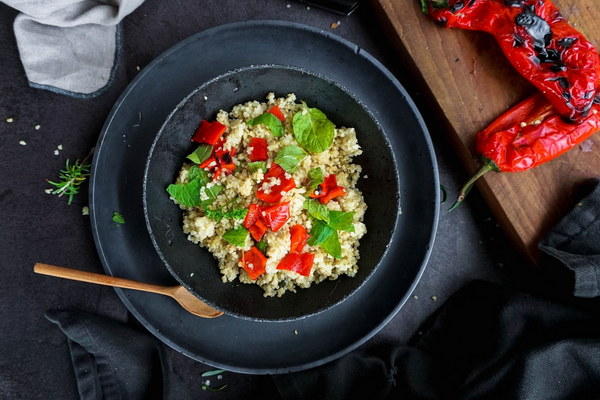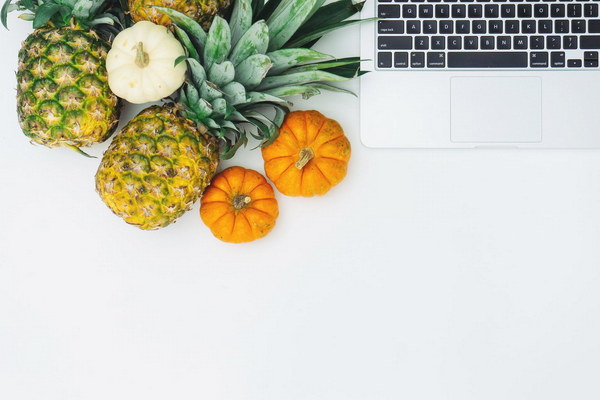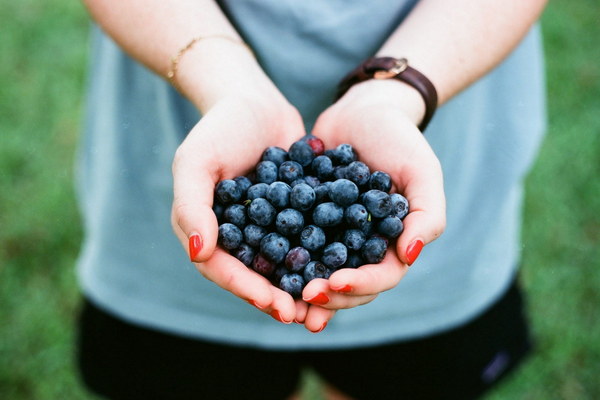Should You Use Boiling Water to Brew HealthEnhancing Teas
Should You Use Boiling Water to Brew Health-Enhancing Teas?
Brewing the perfect cup of tea is an art that many tea enthusiasts take great pride in mastering. When it comes to health-enhancing teas, the question often arises: should you use boiling water? The answer is not straightforward, as it depends on the type of tea and the health benefits you are seeking. Let's delve into this topic to understand the intricacies of brewing health teas with boiling water.
Understanding the Basics of Tea
Tea is made from the leaves of the Camellia sinensis plant and comes in various forms, including green, black, white, and oolong teas. The processing methods and fermentation levels of these leaves determine their color, flavor, and health benefits.
- Green Tea: Unfermented and contains the highest concentration of antioxidants, such as EGCG, which are believed to help with weight loss, improve brain function, and reduce the risk of cancer.
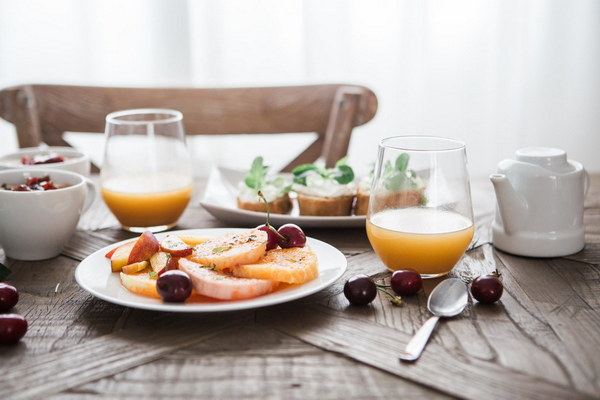
- Black Tea: Fully fermented and contains caffeine, which can increase alertness and energy levels.
- White Tea: Partially fermented and contains high levels of antioxidants, with a delicate and subtle flavor.
- Oolong Tea: Semi-fermented and offers a balance of the benefits of both green and black teas.
The Role of Water Temperature in Tea Brewing
Water temperature plays a crucial role in extracting the flavors and health benefits from tea leaves. Here's how different water temperatures can affect the brewing process:
- Boiling Water (212°F/100°C): This is the highest temperature water can reach at sea level. Boiling water is ideal for brewing black teas and oolong teas, as it helps to release the full flavor and caffeine content.
- Hot Water (180°F/82°C): Ideal for green and white teas. Hot water is gentler on the leaves, preserving the delicate flavors and delicate antioxidants without scorching them.
- Warm Water (150°F/65°C): Suitable for some herbal teas and teas with delicate flavors. This temperature is not recommended for most health-enhancing teas, as it may not extract enough of the beneficial compounds.
The Impact of Boiling Water on Health-Enhancing Teas
Using boiling water for health-enhancing teas can have both positive and negative effects:
Pros:
- Maximum Extraction: Boiling water can help extract the maximum amount of beneficial compounds from tea leaves, ensuring you receive the full health benefits.
- Flavor Enhancement: For some teas, boiling water can enhance the flavor profile, making the tea more enjoyable.
Cons:
- Loss of Flavors: Boiling water can sometimes strip away some of the delicate flavors in green and white teas, resulting in a less satisfying cup.
- Potential Damage to Antioxidants: High temperatures can break down some antioxidants, reducing the overall health benefits of the tea.
Best Practices for Brewing Health-Enhancing Teas
To get the most out of your health-enhancing teas, consider the following guidelines:
- Green and White Teas: Use hot water (180°F/82°C) for a gentle extraction of flavors and antioxidants.
- Black and Oolong Teas: Use boiling water (212°F/100°C) for a rich, full-bodied flavor and to extract caffeine and other beneficial compounds.
- Herbal Teas: Follow the specific brewing instructions for each herbal blend, as some may require warmer or cooler water.
- Experiment with Temperature: Feel free to experiment with different water temperatures to find the perfect balance for your taste and desired health benefits.
In conclusion, whether or not to use boiling water for brewing health-enhancing teas depends on the type of tea and the health benefits you are seeking. By understanding the basics of tea and the impact of water temperature, you can brew the perfect cup that not only satisfies your taste buds but also delivers the health benefits you desire.
